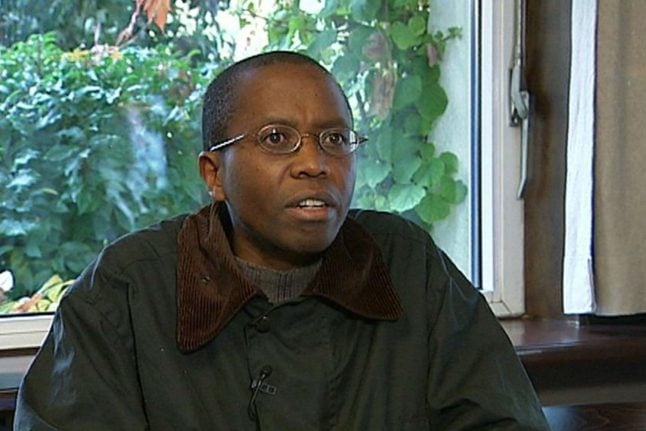Ahmet Makitan has roots in Bosnia-Herzegovina and lives in Sollefteå in northern Sweden. He moved to Sweden in 2001, gaining citizenship in 2006.
He was arrested in January of this year following an investigation by the Swedish National War Crimes Commission (Rikskriminalpolisens krigsbrottskommission) which had begun back in 2008.
Makitan is suspected of having tortured Bosnian-Serb civilians while working at the Dretelj prison camp in Bosnia in 1992.
While serving as a guard, Makitan allegedly abused prisoners who had been placed in small cells or storage units with concrete floors.
The prisoners were undernourished and a large number were subject to violence, sexual assault, threats, and abuse.
They were also denied adequate medical care and were forced to relieve themselves in their own cells.
The suit against Makitan includes the names of 28 male and female prisoners who were held at the camp, with each one detailing the abuses to which they were subjected.
One man was forced to masturbate on another inmate and another was forced to perform oral sex on a fellow prisoner. Another inmate was forced to eat grass and cigarette butts, while another had the muzzle of a gun placed in his mouth.
Several of the prisoners were hit and kicked by the guards.
According to prosecutors, Makitan was aware of the unlawful imprisonment as well as the harsh treatment meted out to the inmates and their brutal living conditions.
As a result, prosecutors contend he is guilty violating the Geneva Conventions.
Makitan’s case is unique, as it is the first time anyone has been charged with offences since the establishment of Sweden’s war crimes commission.
The 43-year-old Makitan has previously denied all charges and his attorney has declined to comment on the case.
“No, I want to see and read the charge sheet first,” said Ola Salomonsson to the Metro newspaper prior to the presentation of the indictment against his client.
According to Mark Klamberg, a doctoral candidate in international law at Stockholm University, Swedish legislation is not adapted for war crimes which may create complications for prosecutors.
“It is out of date, it is more than 20-years-old and a lot has happened. It causes difficulties for prosecutors, courts and even the defendants in relation to what is actually criminal under the law, as it is formulated in a quite sweepingly general way,” he said to Sveriges Radio’s Ekot news programme.
Makitan’s trial before the Stockholm district court is scheduled to begin on October 13th, and prosecutor Magnus Elving estimates it will last at least five months.
The indictment covers 21 victims. In addition, between ten and twenty witnesses from a number of different countries will be called to testify.
The Swedish investigation stems from a football match in Denmark between asylum seekers, in which one of the participants recognized a secretary to the commander of the camp where Makitan served as a guard.


 Please whitelist us to continue reading.
Please whitelist us to continue reading.
Member comments